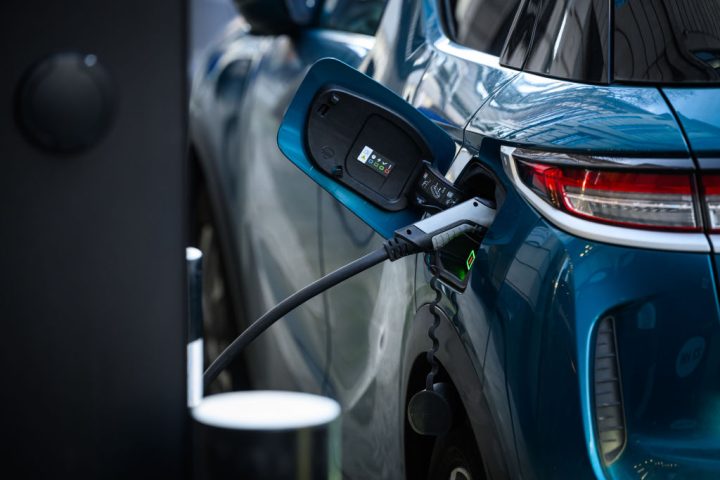Remember all those ‘gigafactories’ that were going to decarbonise our road transport and create many thousands of green jobs into the bargain? Now comes yet one more sign that all is not going according to plan. The Automotive Cells Company (ACC), a joint venture between carmakers Stellantis and Mercedes-Benz, and energy company Total Energies, has suspended work on two plants that it was constructing at Kaiserslauten in Germany and Termoli, Italy. It already operates one factory in France which was opened last year.
Ostensibly, the retrenchment is just temporary while the company investigates alternatives to the nickel-based batteries it was planning to manufacture there. Then again, it could be an admission that Europe is failing in its bid to construct a EV battery industry as China undercuts it on price. China is turning out to dominate the electric car industry in a way that it never previously did with internal combustion engine-powered cars. Last year, according to the International Energy Agency (IEA), China produced 480 gigawatts worth of batteries for electric vehicles – 70 per cent of the 685 gigawatts manufactured globally. Europe produced 101.25 gigawatts-worth. Almost a quarter of the batteries that power European-produced electric vehicles a—30.92 gigawatts-worth in 2023 – are now imported from China.
The entire electric vehicle industry in Europe is in danger of stalling, with the share of the market taken up by electric vehicles stuck at around one sixth: that’s true even in Britain, where manufacturers are threatened with huge fines if they don’t make sure that 22 per cent of sales in 2024 are pure electric, rising to 80 per cent by 2030. In battery production, Britain is lagging behind even the rest of Europe. Britishvolt, a government-backed venture to build a battery plant in Northumberland, symbolically on the site of an old coal mine, went belly-up last year. Nissan is building an battery plant in Sunderland and Jaguar Land Rover announced that it is to build a battery plant in Somerset – albeit courtesy of £500 million in government funding. EV batteries are yet one more technology that arose from British research – lithium ion batteries were first developed at Oxford from the 1970s onwards – but on which Britain has failed fully to capitalise.
China’s domination of the EV battery market comes with irony. Part of the reason the costs of producing batteries in China is so much lower than in Europe is energy costs. Yet China’s cheap energy comes at an environmental price: 60 per cent of it is generated from coal, which is roughly twice as carbon-intensive as electricity generated from gas. While a slow switch to electric vehicles is credited with reducing Britain’s territorial carbon emissions, it is yet one more case of exporting emissions – along with jobs – to the other side of the globe.








Comments